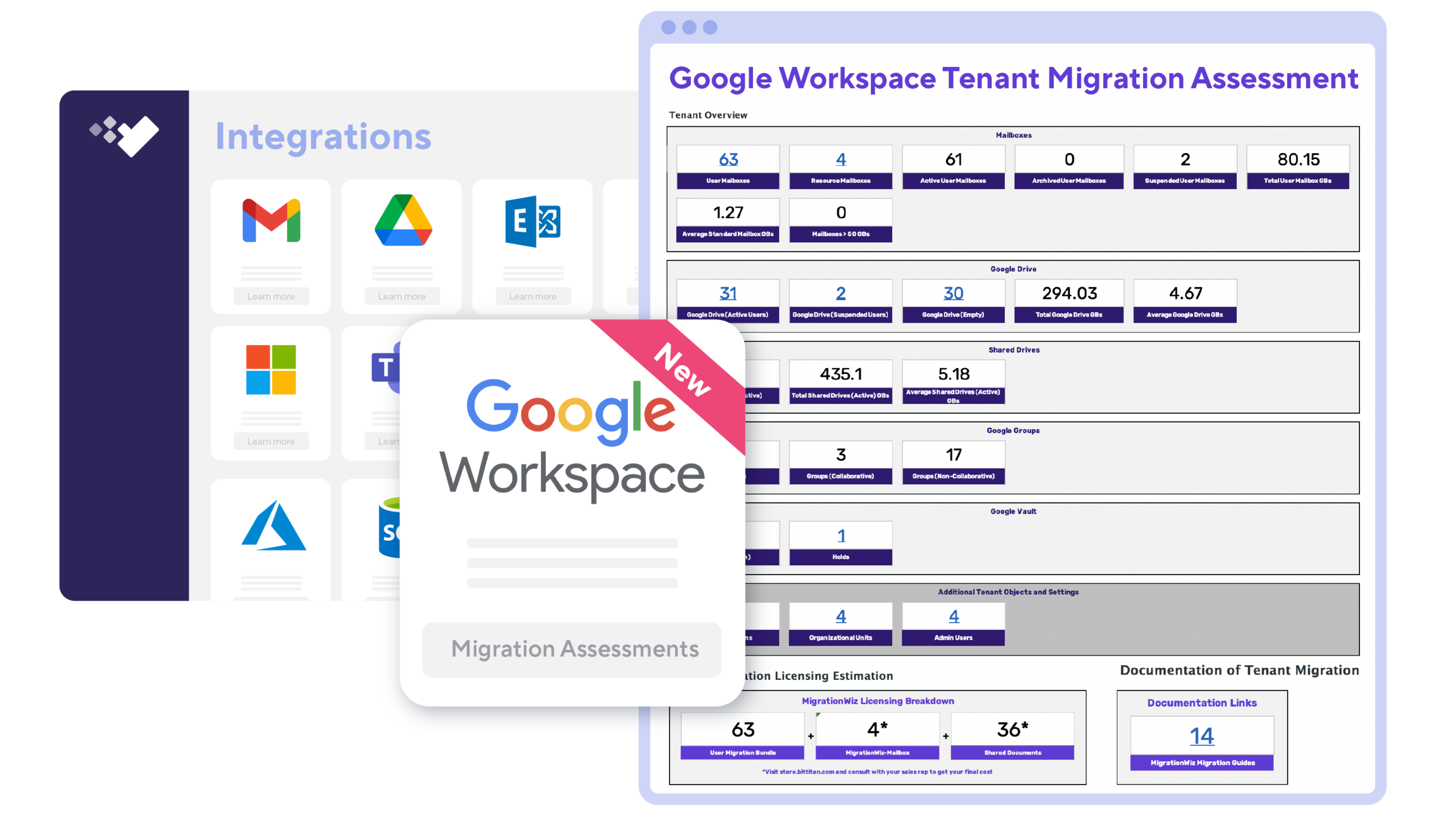Top 10 Considerations As We Adopt More Cloud In Business
Given current trends, it’s becoming clear that all businesses will eventually migrate to the cloud, and more businesses are becoming cloud-based every day. In fact, 83% of enterprise workloads are expected to be in the cloud by next year. The latest and greatest business software available today is on the cloud, and it’s easier to integrate these cutting-edge tools when you already have a cloud-based data infrastructure. Embracing innovative technology like cloud computing can open your business to more opportunity and reduced costs. Here are 10 ways cloud-based businesses benefit from a competitive edge:
1. It's Easier and Faster to Scale
With company data on-premise, it takes physical space and equipment in order to scale, which requires more time and money. Doing away with on-premise data storage and using an Infrastructure as a Service (IaaS) provider gives you a high-functioning data center with fast scalability and low overhead costs. It gives you the flexibility to scale up or down with the demands of your business. Simply increase your computing power with the click of a button, and with a “utility” pay structure, pay for only the resources you use.
2. There's No Downtime and Data Stays Secure
There’s less downtime, if ever, on the cloud. Compared to on-premise data centers, public clouds have much better reliability. Plus, if a natural disaster strikes, you don't have to worry about your on-premise equipment. All your data is stored in another location, where it's protected and always accessible.
3. Automation Frees Up Staffing Costs
With your data on the cloud, you can leverage tools that let you automate time-consuming processes like onboarding, training, sales processing, reporting and even lead generation. Companies that leverage cloud technology to replace administrative workers and HR staff are able to put more money back into their business by reducing overhead costs. Using chatbots for internal communications and for customer support reduces the staff required to answer questions and look up information.
4. Cut Costs by Hiring Remote Workers
Another way cloud technology helps you save on staffing costs is by enabling your staff to work remotely. More and more companies are choosing to hire remote workers, and according to research, telecommuters are actually more productive than in-house employees. Plus, you cut the costs required to keep in-house employees, whether you hire customer support staff from the other side of the world, or you contract freelancers to work on a project-by-project basis.
5. Mobile Access to Workloads Increases Employee Productivity
When you upload your servers, databases, networks and software to the cloud, your employees can get work done anytime, from any device or location. Wherever they go, they take their entire workload with them, including their team members, who they can connect and collaborate with in real time. Thanks to the speed and efficiency of today’s mobile processors and cloud connectivity, you can work from anywhere without unplugging from virtually everything available in the office.
6. Communication and Collaboration Become Seamless
When all your employees can view the same up-to-date data in real time, collaboration becomes easy and there's no time wasted on communication (or miscommunication). Your customer support reps don't need to contact someone from another department to get the information they need before helping a customer. Meanwhile, managers can assign tasks, approve documents and make other updates their employees see in real time, and employees can collaborate on the same documents without needing multiple versions of them.
7. Employee Satisfaction and Retention Improves
Given the rising cost of employee recruitment, companies investing in employee satisfaction and retention have an advantage. Employees are happier with their jobs when they have the tools and technology that prevent frustrating, preventable problems that interrupt their workflow. Cloud-enabled businesses have all the data employees need to do their jobs in one place. Information doesn't need to trickle through the organization to get to the employees who need it, and productivity isn't ebbed by slow channels of communication and collaboration.
Additionally, research shows that employees dread being micromanaged and are more productive when completing tasks independently. Cloud-based systems give them the accountability they need without constant check-ins because their progress is shown in real time.
8. Leverage Data Analytics
The business world is becoming more data-driven than ever, and cloud computing offers strategic value for businesses leveraging data collection, insights and analytics. When you're using a cloud service for your data infrastructure, you can integrate tools that measure and analyze data that inform important decisions about marketing and sales strategies and budgets. You can even automate your marketing performance reporting and sales auditing using tools that generate reports for you. By letting technology do the work for you, you can get more reporting in less time, and leverage the data right away instead of weeks later, when the data is already old.
9. Reduce Your Carbon Footprint
Scaling your business on the cloud doesn't come with the large carbon footprint that comes with scaling an on-premise data center. As the planet grows in population and wealth, sustainability is more important than ever, and companies concerned about their carbon footprint have a competitive advantage.
10. Free Up Your IT Department
You can significantly lower the overhead that goes to in-house IT staffing when you switch to the cloud. Expert teams from IaaS providers are responsible for keeping your data secure, accessible and up-to-date, so it's less work for your IT department because they don't need to do upgrades or data backups. Plus, they don't need to help other employees as much when it comes to tech support, because your employees will have customer support from your cloud service provider.
Conclusion
As cloud computing continues to become the new norm in the business world, companies that don't adopt cloud-based data infrastructure and software risk becoming obsolete and having a hard time retaining employees. With all the ways the cloud cuts costs and boosts productivity, companies on the cloud today have a competitive advantage.













